This article needs additional citations for verification .(May 2019) |
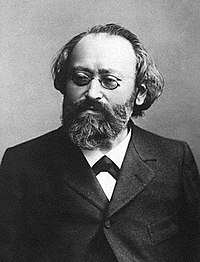
This list of compositions by Max Bruch is sorted by genre.
This article needs additional citations for verification .(May 2019) |

This list of compositions by Max Bruch is sorted by genre.
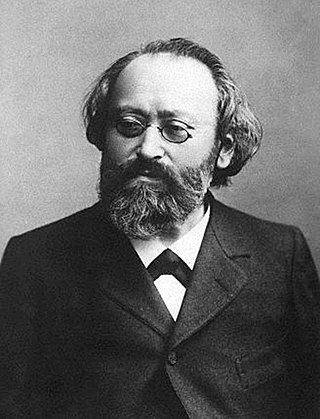
Max Bruch was a German Romantic composer, violinist, teacher, and conductor who wrote more than 200 works, including three violin concertos, the first of which has become a staple of the violin repertoire.

Joseph Joachim was a Hungarian violinist, conductor, composer and teacher who made an international career, based in Hanover and Berlin. A close collaborator of Johannes Brahms, he is widely regarded as one of the most significant violinists of the 19th century.

Raoul Armand Jerzy (von) Koczalski was a Polish pianist and composer. He also used the pseudonym Georg Armand(o) Koczalski.

Alexander Nikolayevich Tcherepnin was a Russian-born composer and pianist.
G minor is a minor scale based on G, consisting of the pitches G, A, B♭, C, D, E♭, and F. Its key signature has two flats. Its relative major is B-flat major and its parallel major is G major.
A minor is a minor scale based on A, with the pitches A, B, C, D, E, F, and G. Its key signature has no flats and no sharps. Its relative major is C major and its parallel major is A major.
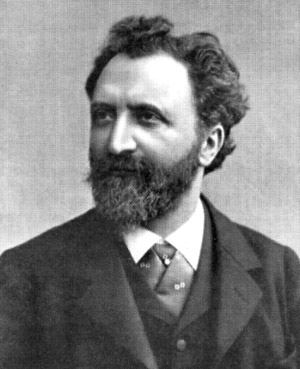
Friedrich Gernsheim was a German composer, conductor and pianist.

Heinrich Picot de Peccaduc, Freiherr von Herzogenberg was an Austrian composer and conductor descended from a French aristocratic family.

Hans Sitt, was a Bohemian violinist, violist, teacher, and composer. During his lifetime, he was regarded as one of the foremost teachers of violin. Most of the orchestras and conservatories of Europe and North America then sported personnel who numbered among his students.
Richard Franck was a German pianist, composer and teacher.
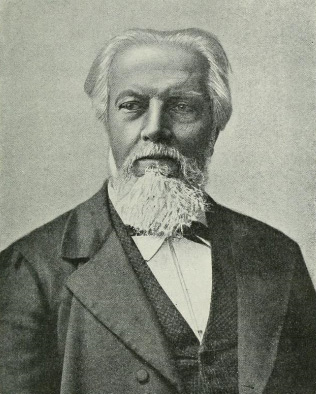
Bernhard E. Scholz, was a German conductor, composer and teacher of music.

Hermann Zilcher was a German composer, pianist, conductor, and music teacher. His compositional oeuvre includes orchestral and choral works, two operas, chamber music and songs, études, piano works, and numerous works for accordion.
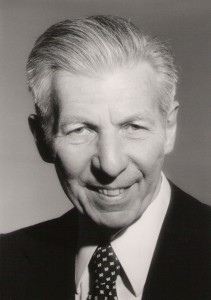
Siegfried Borris was a German composer, musicologist and music educator. He became a lecturer at the Musikhochschule Berlin in 1929, but his career was interrupted during the Nazi regime. He was appointed professor in 1945 and became an influential pedagogue, composer of music for young players, and active in music organisations. He was president of national associations, of Deutscher Tonkünstlerverband from 1963 to 1972, and of Deutscher Musikrat from 1971 to 1976.

Ernst Paul Flügel was a German Romantic composer.
Max Bruch composed a number of choral works that were, during his lifetime, judged to be his most successful pieces. Instrumental music makes up only about a third of Bruch’s total output, while vocal music forms a considerably larger proportion. These works are described variously as oratorios and cantatas. His oratorios are generally held to represent the best of his vocal writing. Some were of a religious character but many were based on mythological themes.
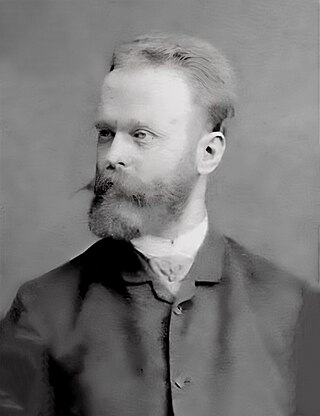
Fritz Kauffmann was a German composer and conductor.